Broker Review: Moneta Markets
Moneta Markets is a rapidly growing broker offering a wide range of financial instruments and modern trading platforms. With user-friendly conditions, competitive spreads, and a reliable security system, the company attracts both beginners and experienced traders. Let’s analyze the key features of Moneta Markets and assess whether this broker meets expectations.
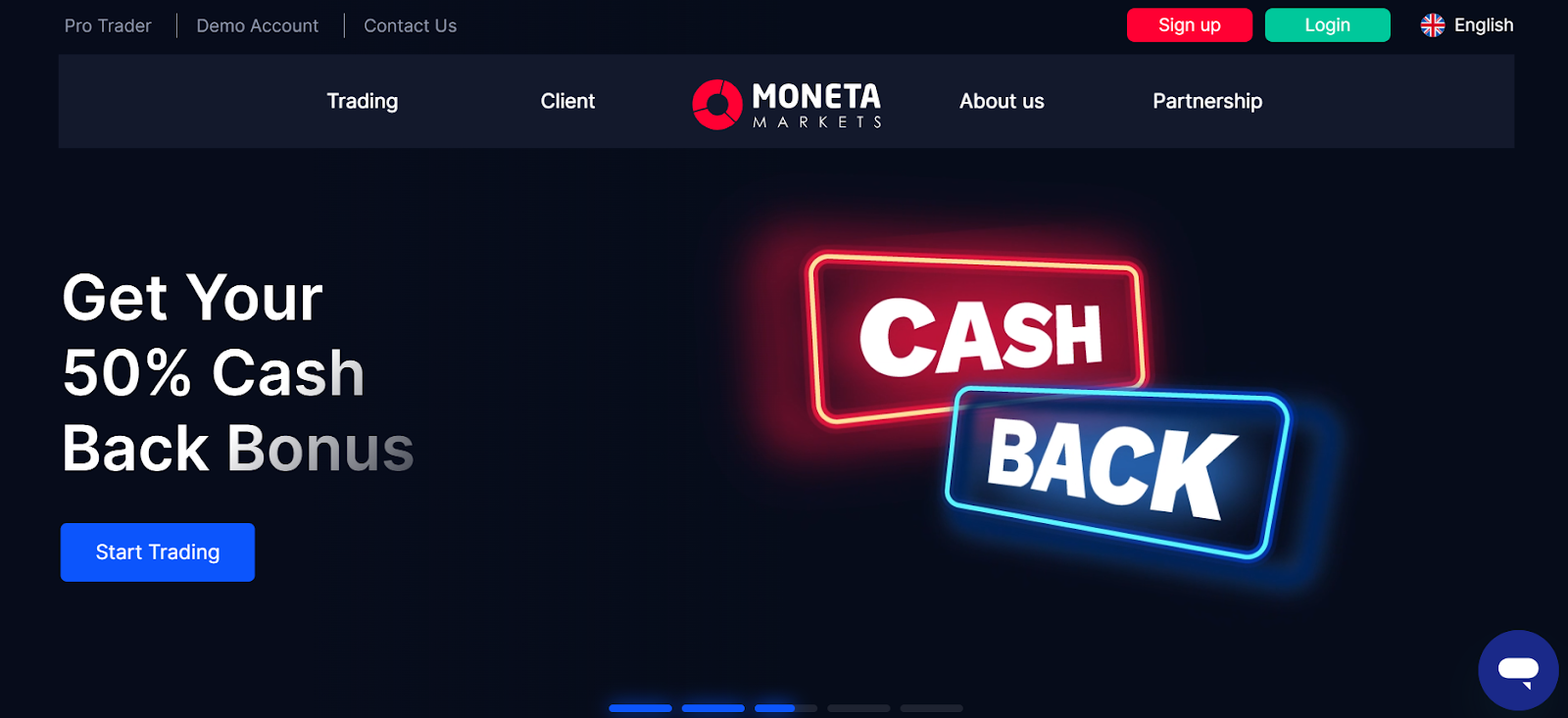
Pros and Cons of Moneta Markets
Pros:
✔ Wide range of assets – over 1,000 instruments (Forex, stocks, indices, cryptocurrencies, commodities).
✔ Competitive trading conditions – spreads from 0.0 pips, low commissions on Pro and Zero accounts.
✔ Advanced platforms – support for MetaTrader 4, MetaTrader 5, and WebTrader.
✔ High security standards – SSL encryption, segregated accounts.
✔ Responsive customer support – 24/7 assistance.
Cons:
❌ Limited regulation – licensed only by FSA (Seychelles).
❌ High deposit requirement for premium conditions – the best spreads and commissions require a minimum deposit of $500.
❌ Limited educational materials – few courses available for beginner traders.
Account Types
Moneta Markets provides several account options tailored for traders of different experience levels:
🔹 Direct Account
Minimum deposit: $50
Spreads: from 1.2 pips
Execution type: STP
Commission: None
🔹 Prime Account
Minimum deposit: $50
Spreads: from 0.0 pips
Execution type: ECN
Commission: $3 per lot per side
🔹 Ultra Account
Minimum deposit: $500
Spreads: from 0.0 pips
Execution type: ECN
Commission: $1 per lot per side
🔹 Demo Account – Virtual account for strategy testing and platform learning.
📌 Conclusion: Higher deposits unlock better trading conditions, but beginners can start with a low initial investment.
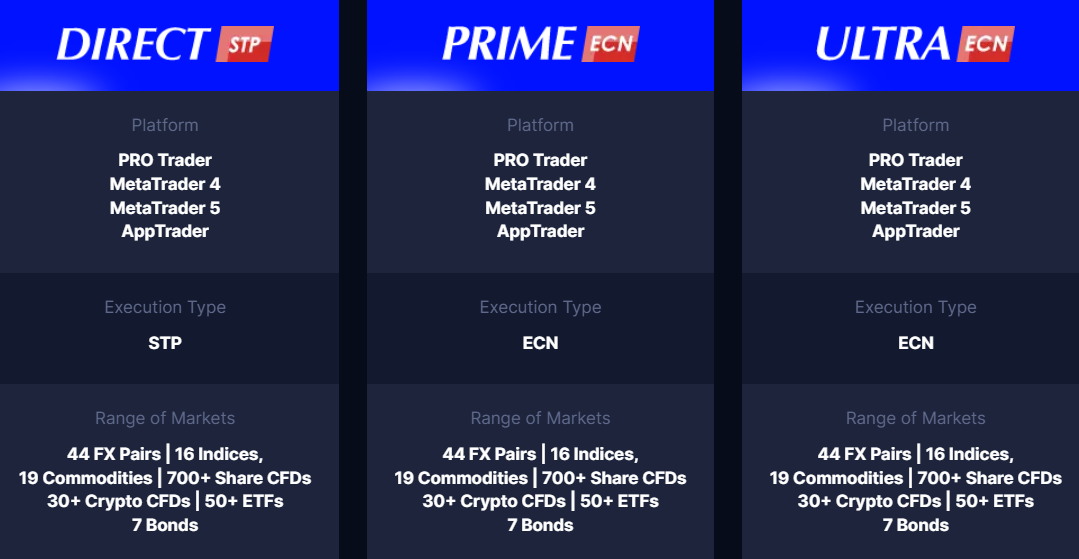
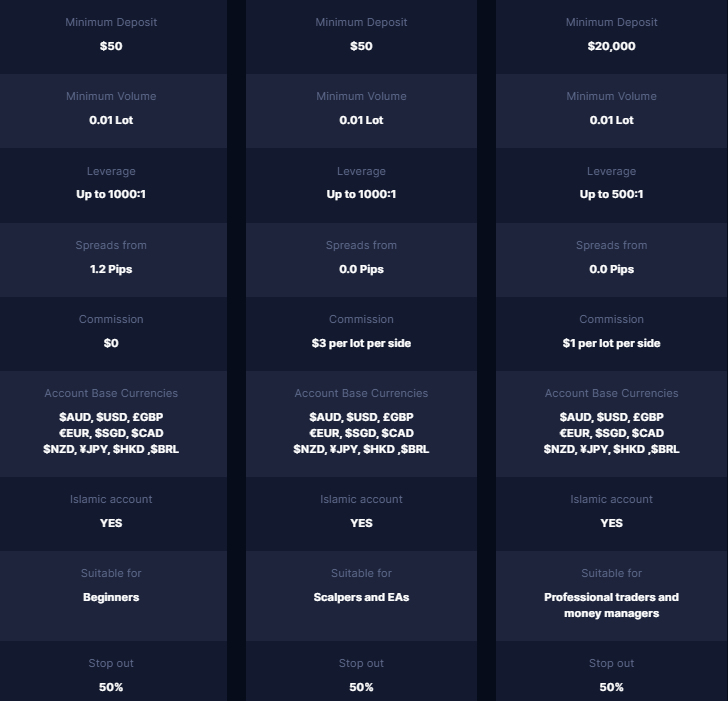
Trading Conditions
🔹 Spreads: From 0.0 pips on the Zero account.
🔹 Leverage: Up to 1:1000 (high risk, requires caution).
🔹 Trading Platforms: Supports MT4, MT5, and WebTrader.
🔹 Available Assets: Over 1,000 financial instruments, including currency pairs, stocks, indices, and cryptocurrencies.
Regulation and Security
Moneta Markets is regulated by the Seychelles Financial Services Authority (FSA). Although this is not the strictest regulatory body, the company implements additional protective measures:
✔ SSL encryption – Protects personal data.
✔ Segregated accounts – Client funds are stored separately from company funds.
✔ Transaction monitoring – Prevents unauthorized withdrawals.
📌 Conclusion: Despite limited regulation, Moneta Markets ensures a basic level of security.
Additional Features
📊 MonetaTV – AI-powered video news and market analysis.
📅 Economic Calendar – Displays key events impacting the market.
📚 Trading Academy – Video courses and webinars (available for clients with a balance of $500+).
⚙ Automated Trading – Supports Expert Advisors for algorithmic trading.
Trader Reviews on Moneta Markets
Most reviews about Moneta Markets are positive. Traders highlight the following benefits:
✅ Reliability: Fast withdrawals and no hidden fees.
✅ Customer Support: 24/7 service that quickly resolves client inquiries.
✅ Platform Usability: Intuitive interface and stable performance.
However, some users point out drawbacks, such as the requirement for a higher deposit to access the best trading conditions, which may be inconvenient for beginners.
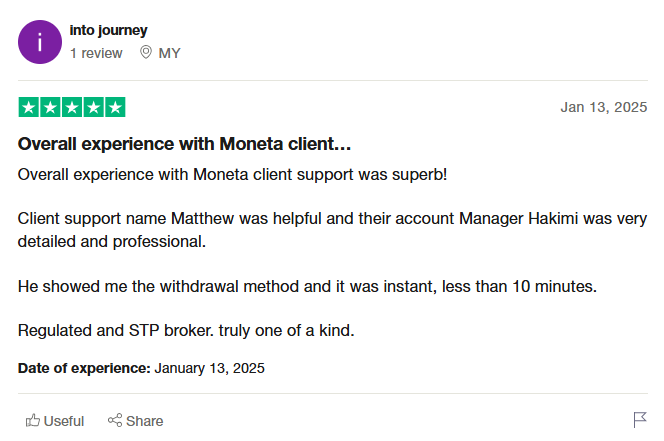
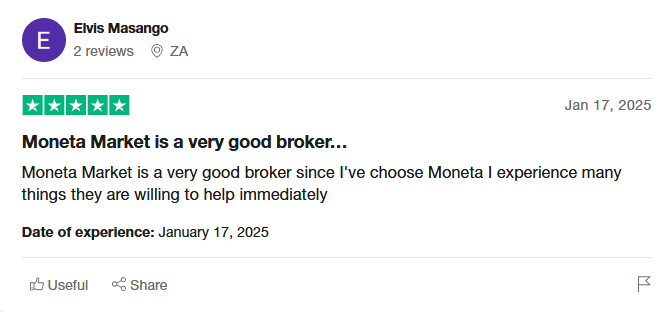
Final Verdict: Should You Choose Moneta Markets?
Best for:
✔ Experienced traders looking for low spreads and competitive conditions.
✔ Investors who want to trade a wide range of assets.
✔ MetaTrader 4 and 5 users who prioritize a seamless platform experience.
May not be ideal for:
❌ Beginners looking for extensive free educational resources.
❌ Traders who prefer brokers with strict regulatory oversight.
Conclusion: Moneta Markets is a reliable broker with attractive trading conditions. However, it’s crucial to carefully review the fee structure and choose the right account type before starting trading.

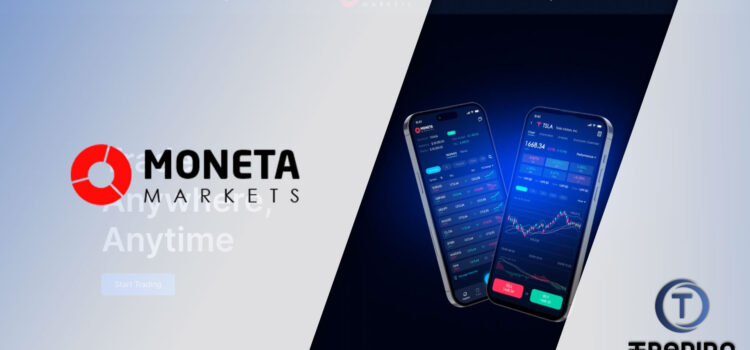



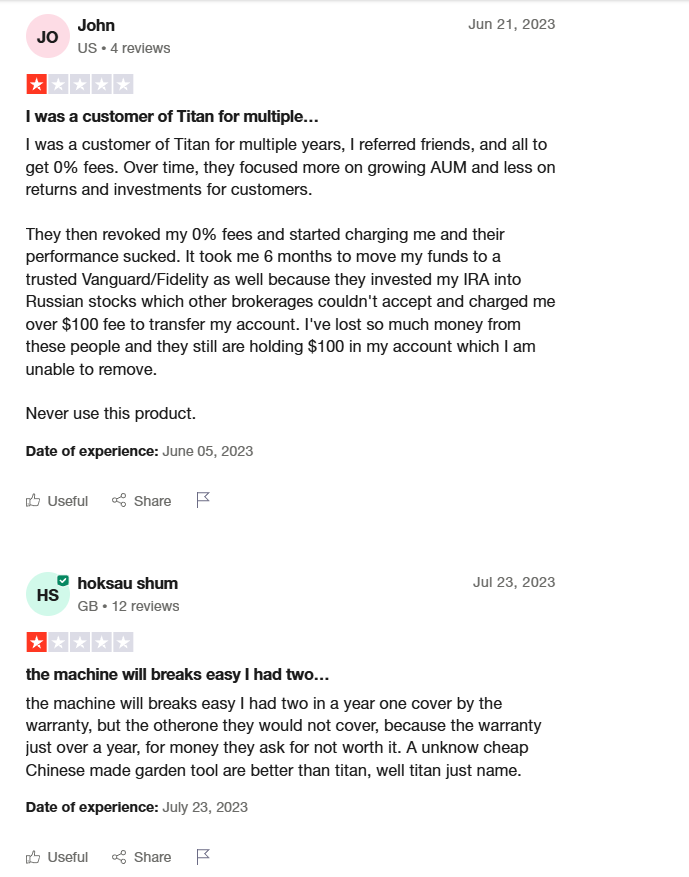
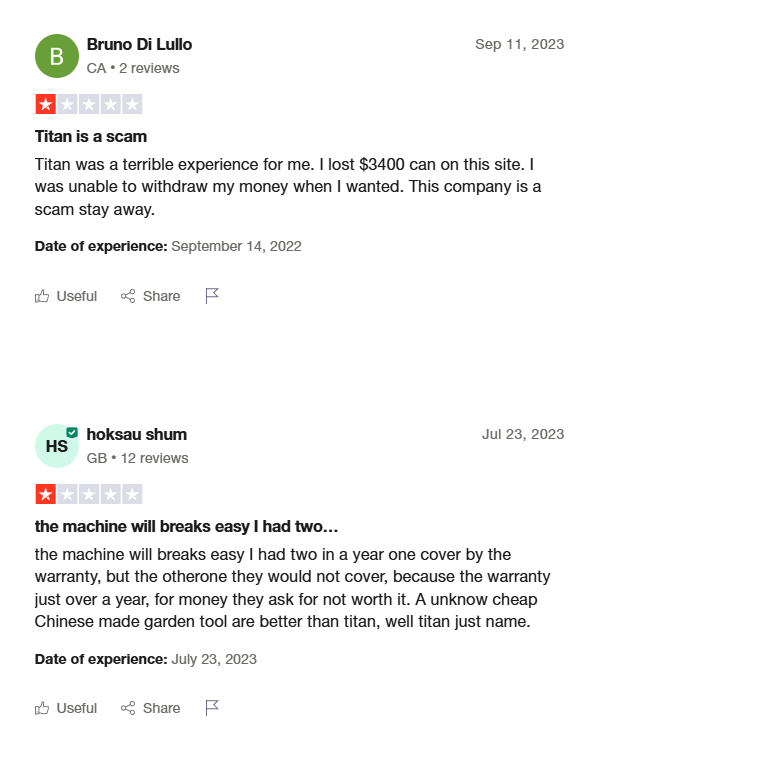
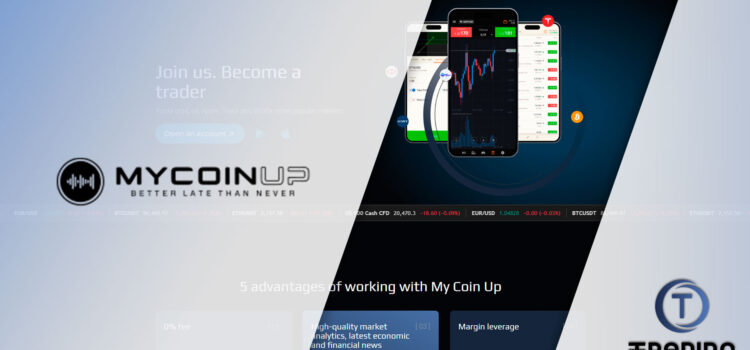
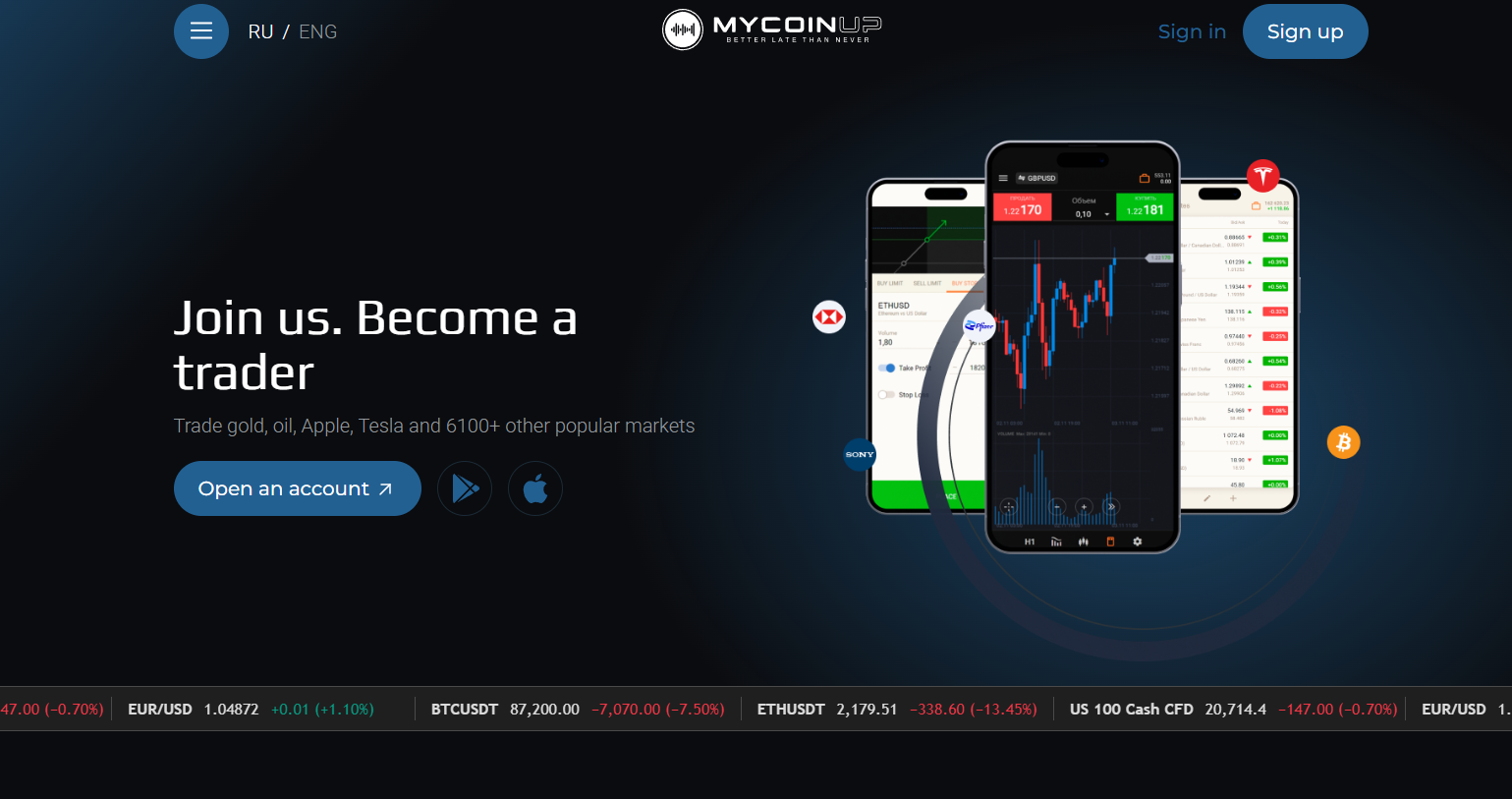
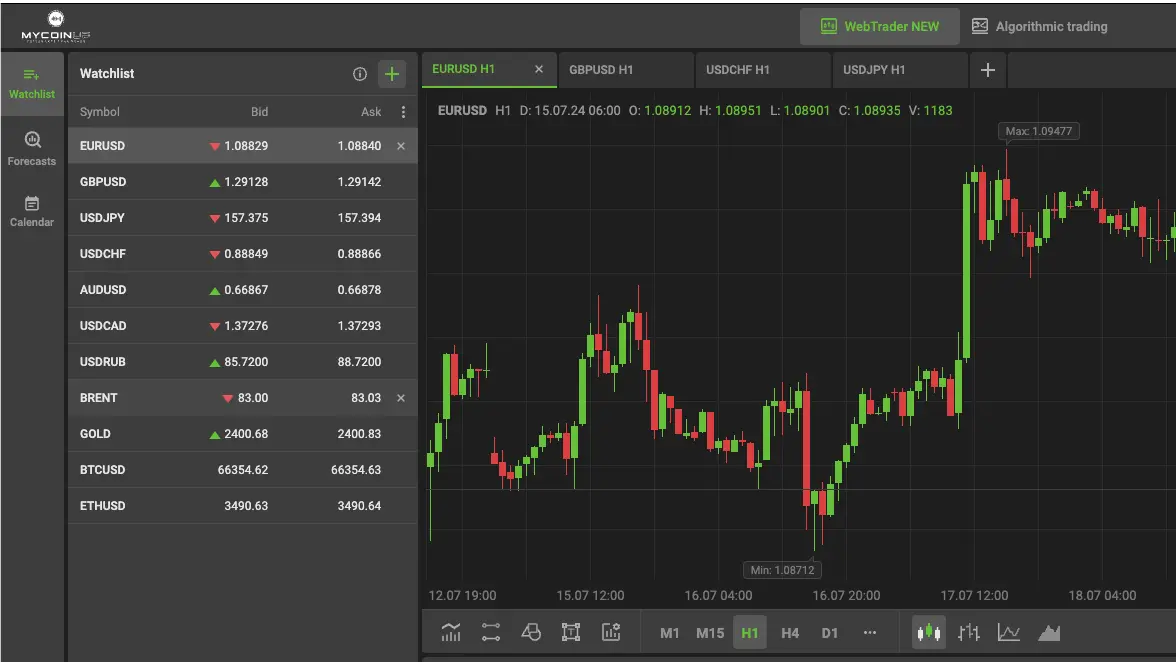
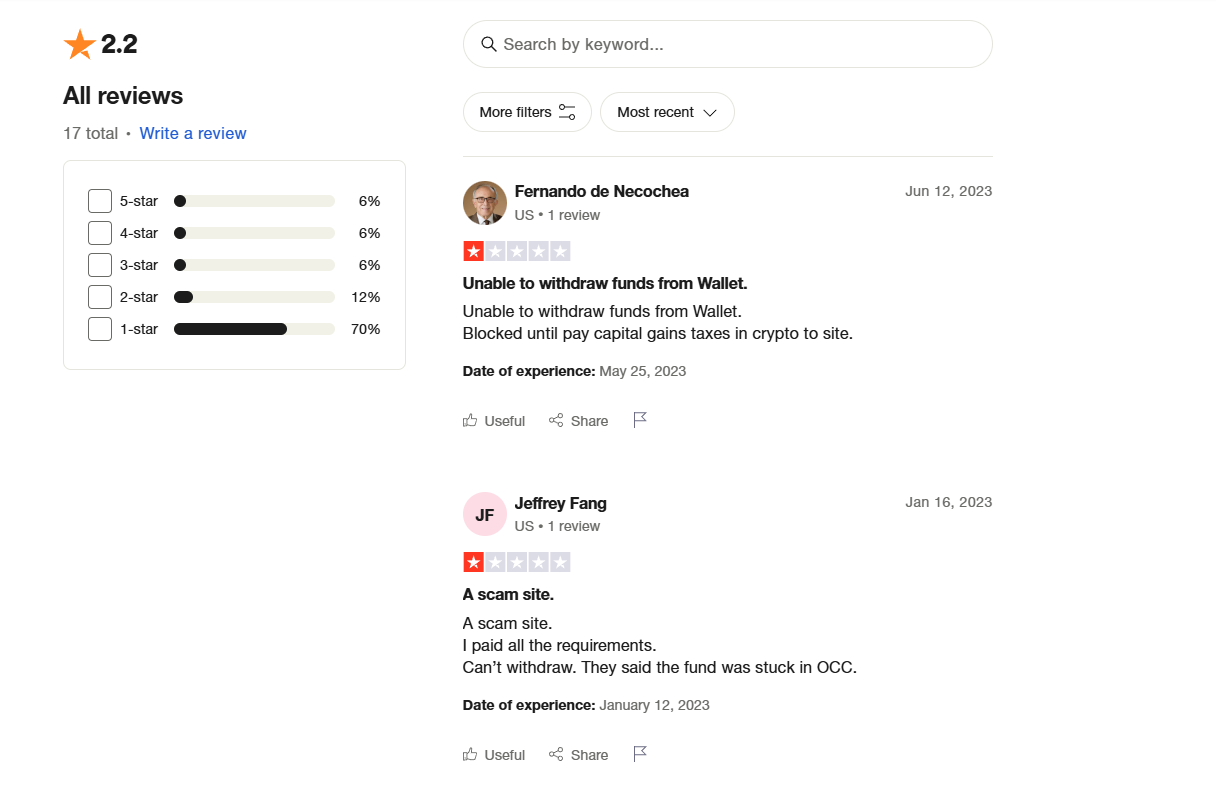
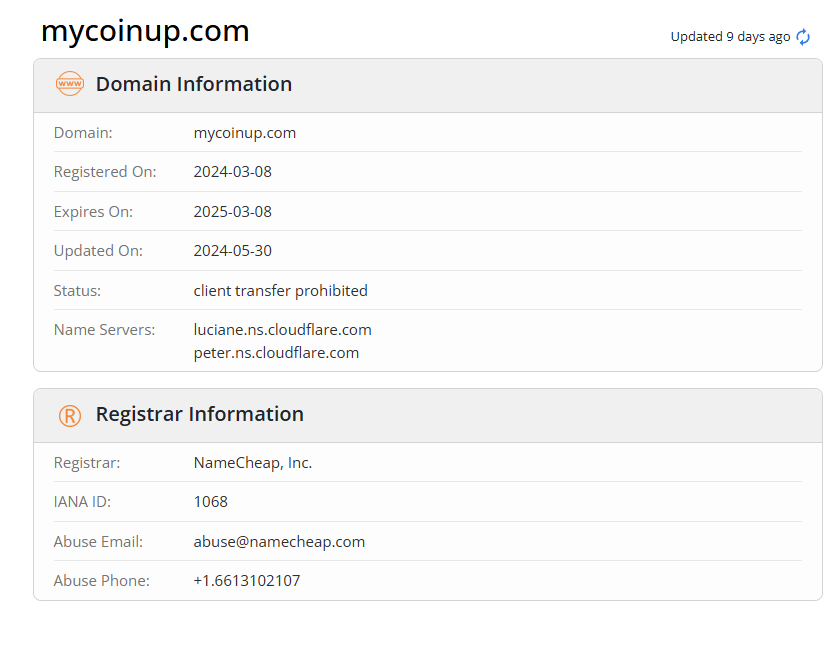
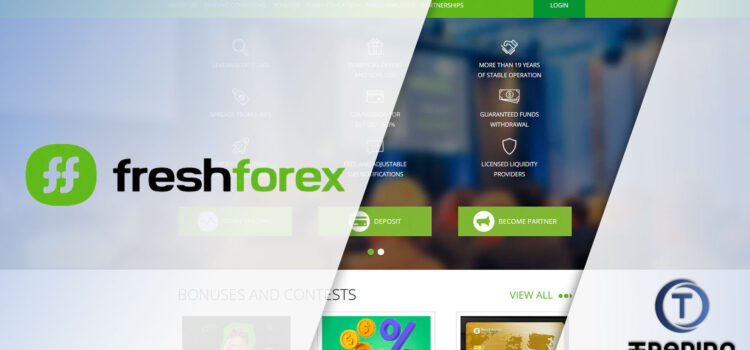
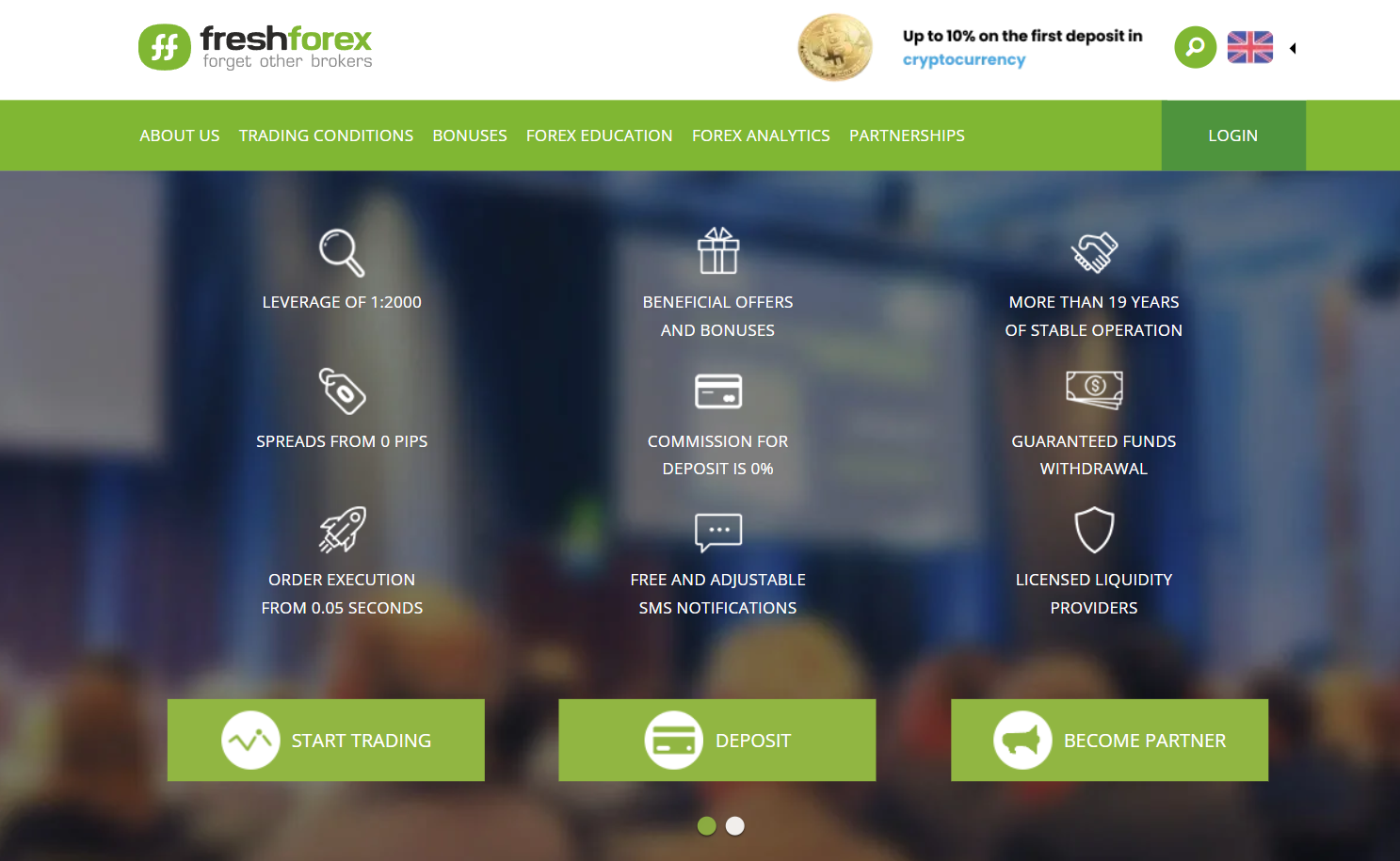
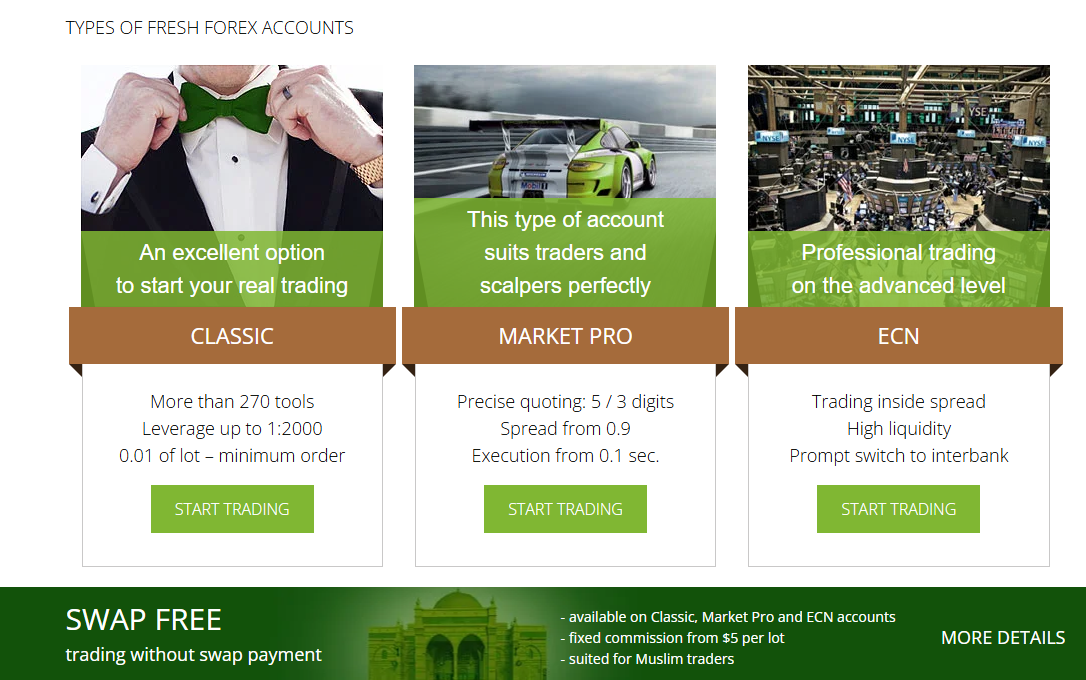
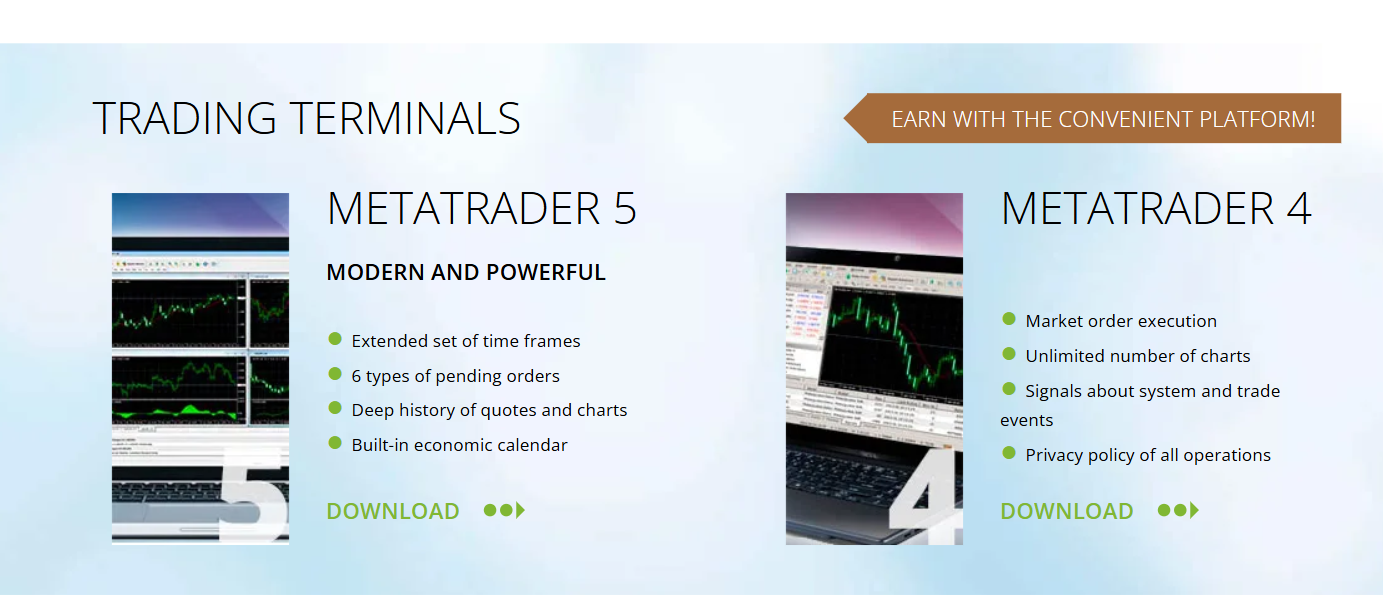
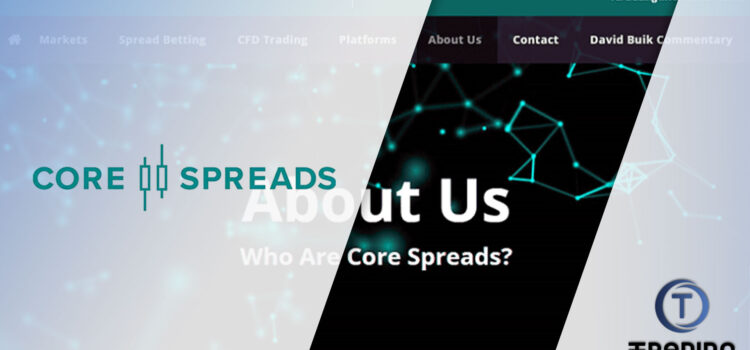
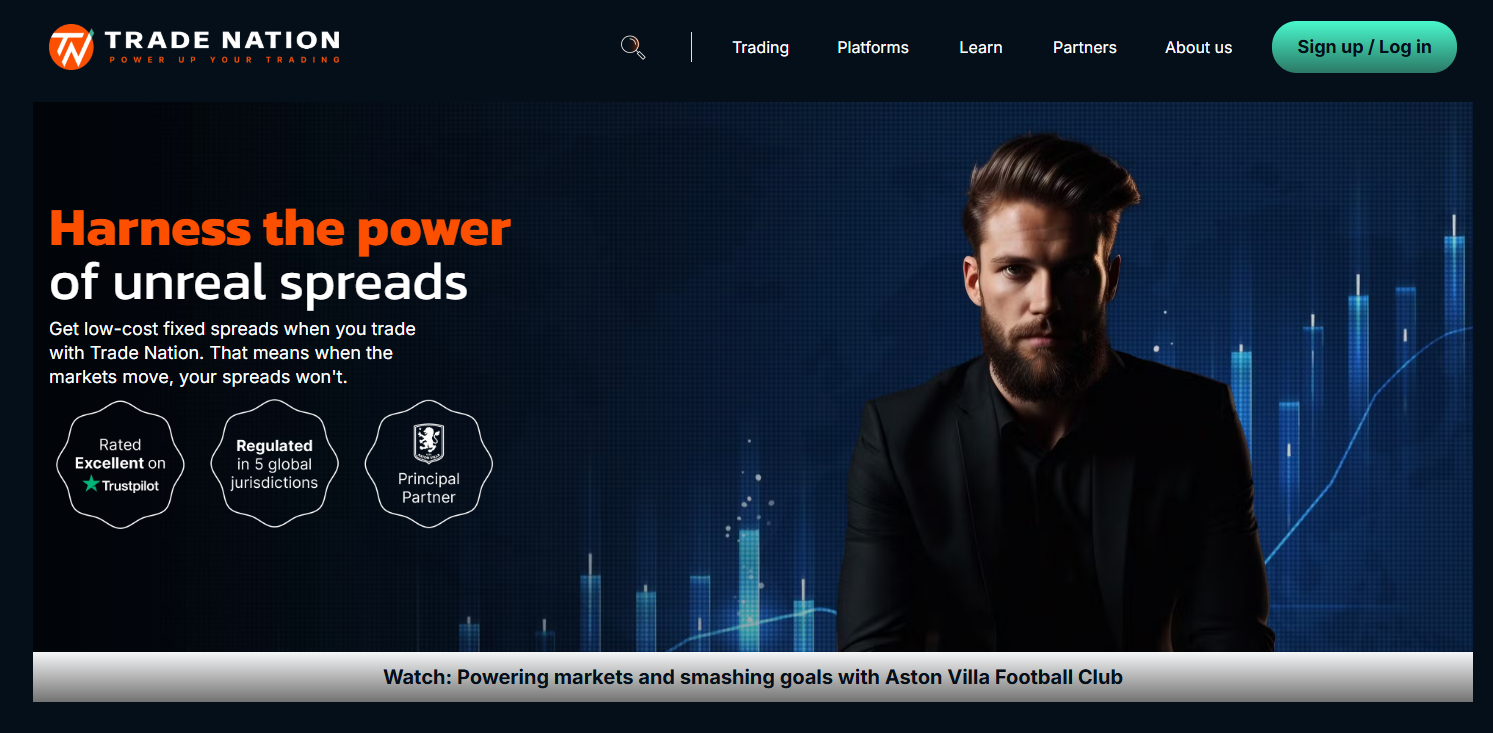
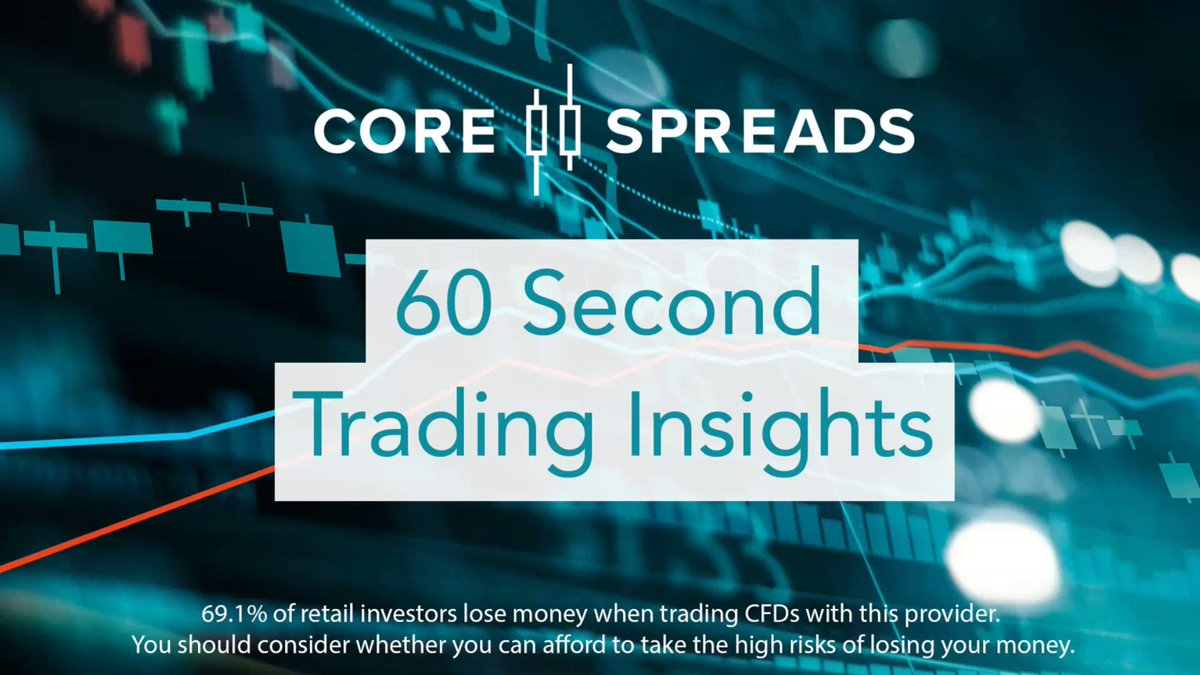
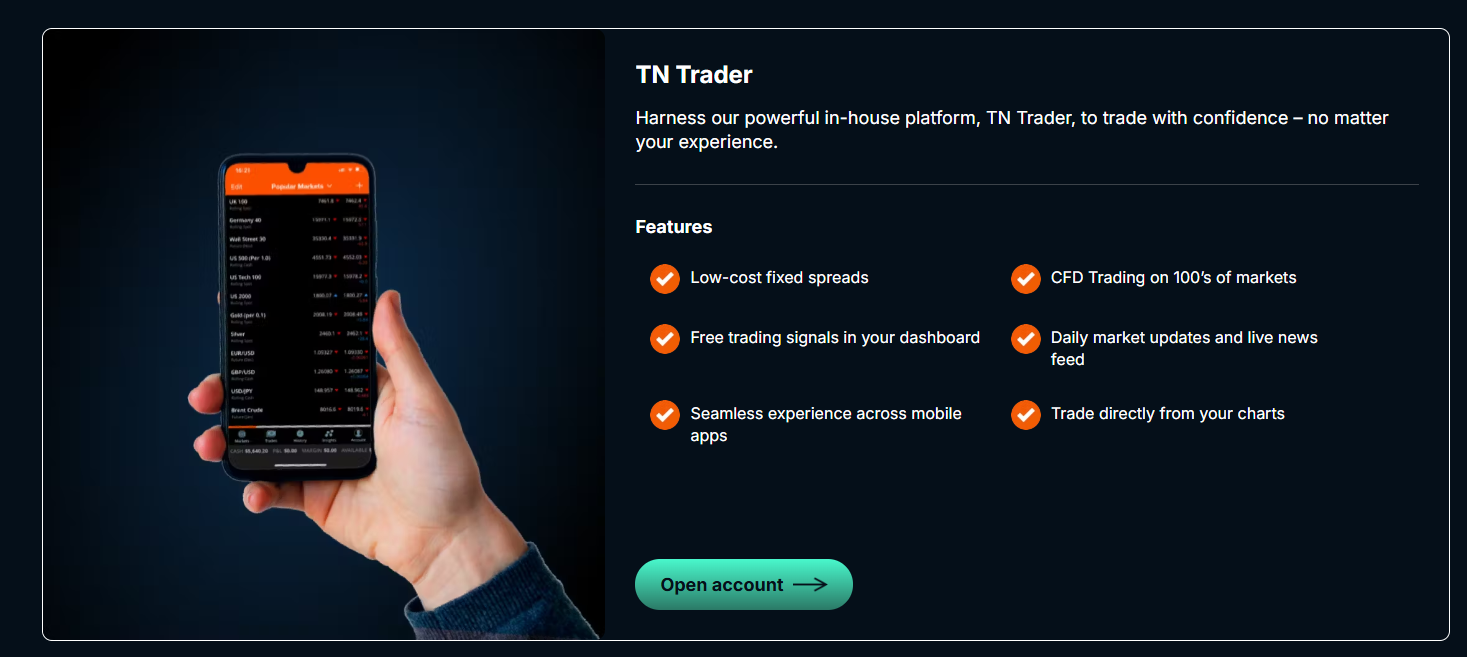
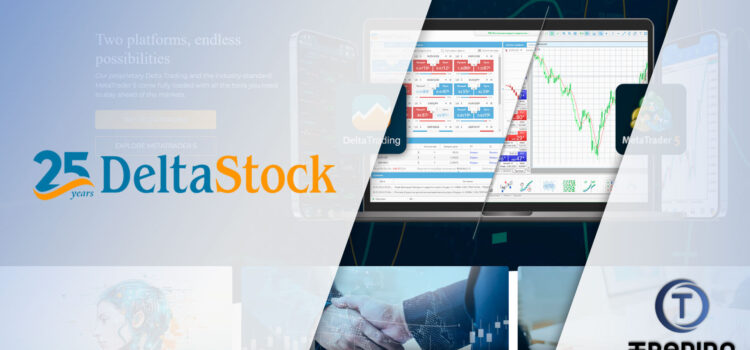
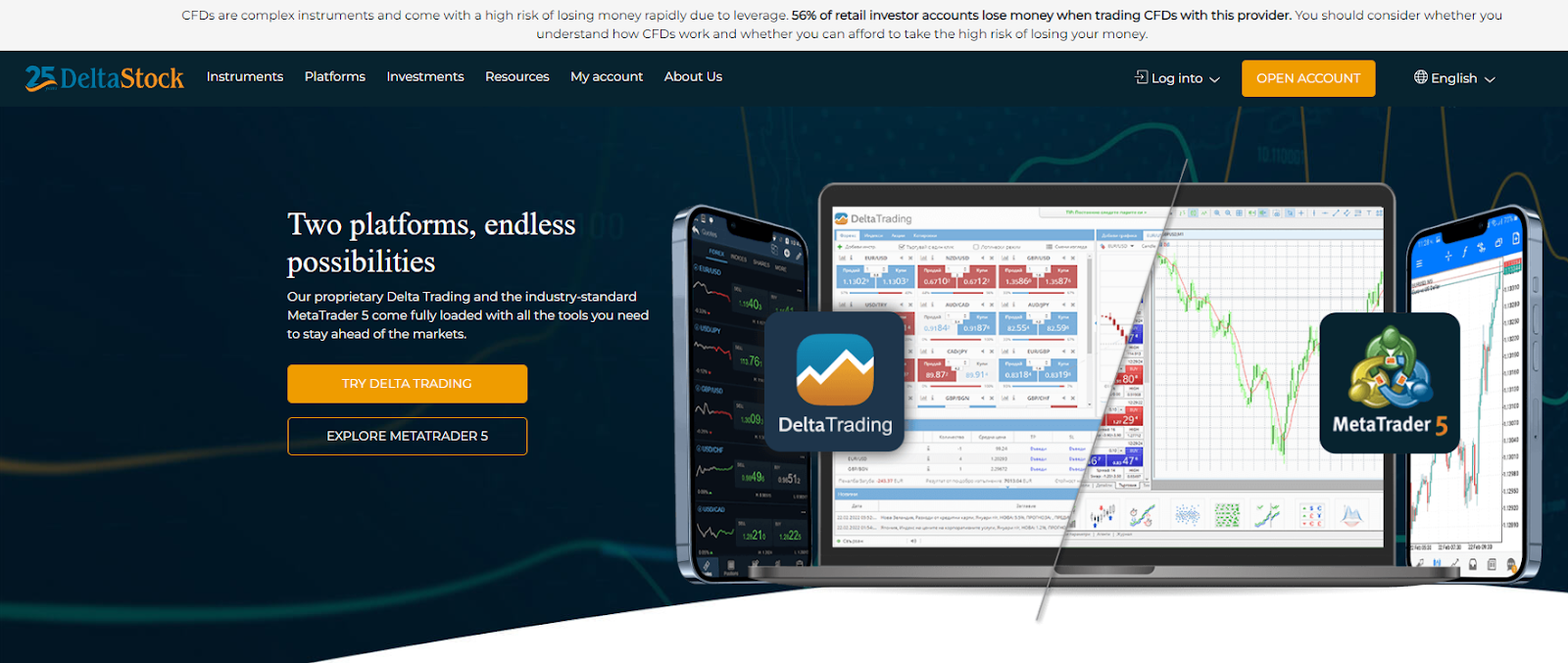
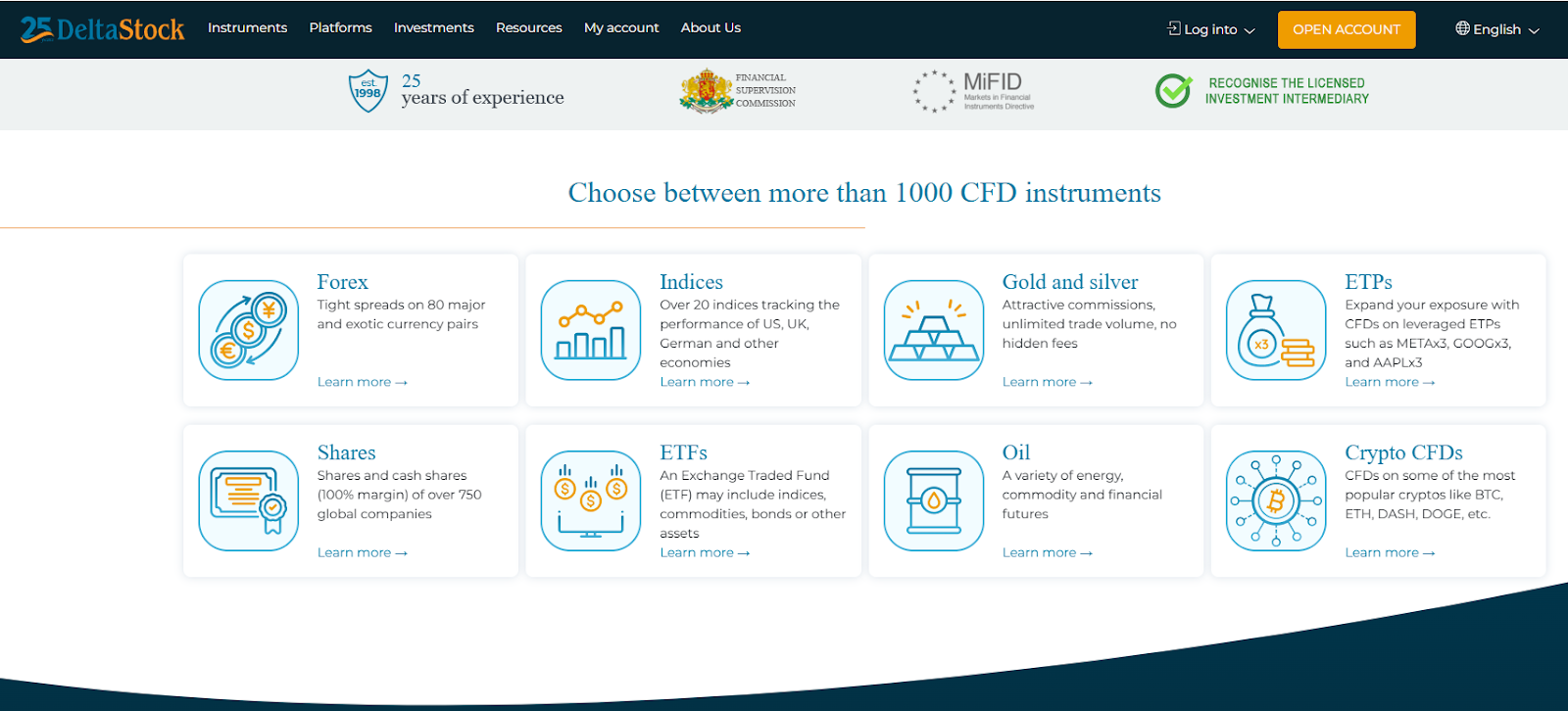
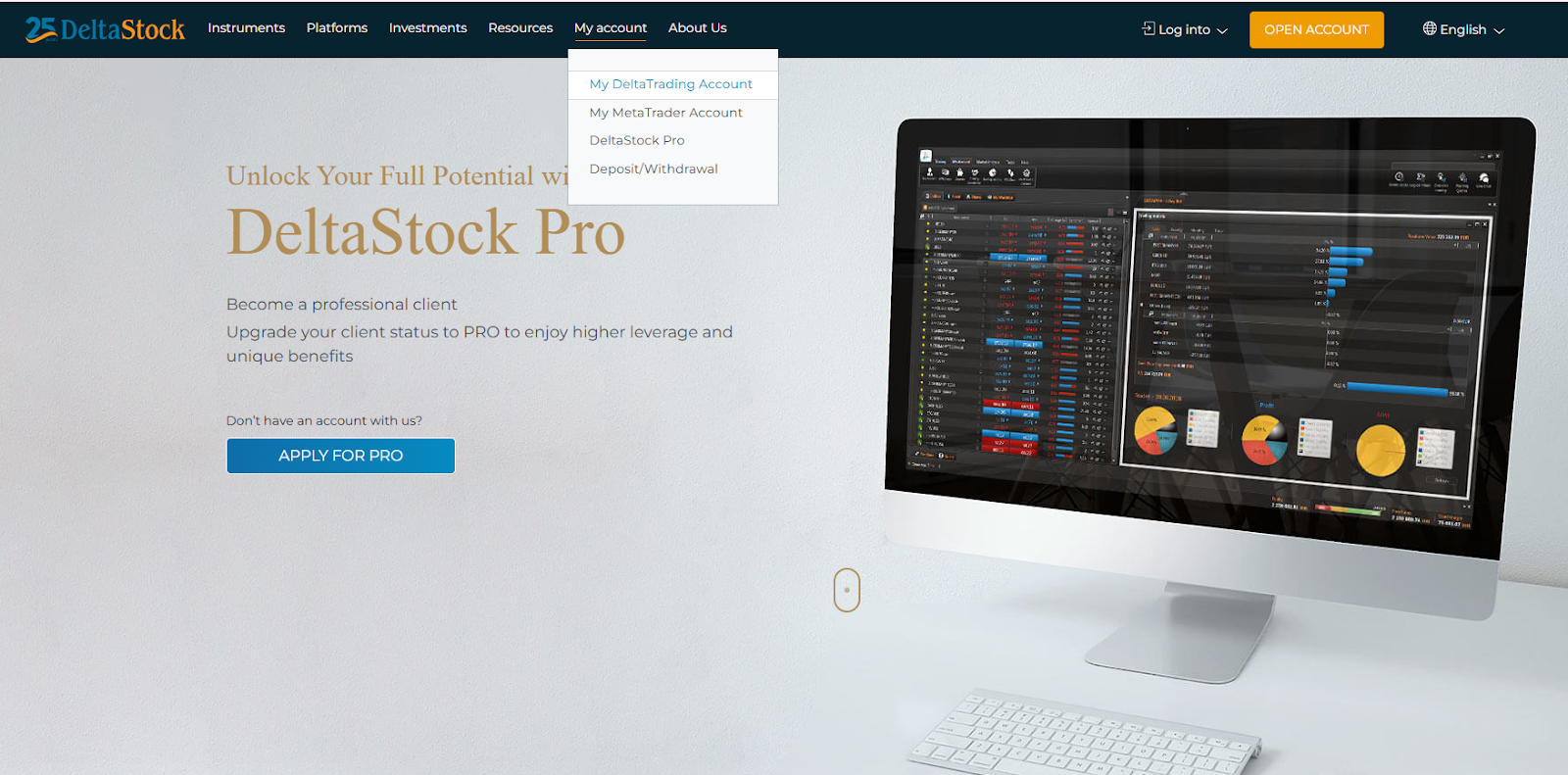
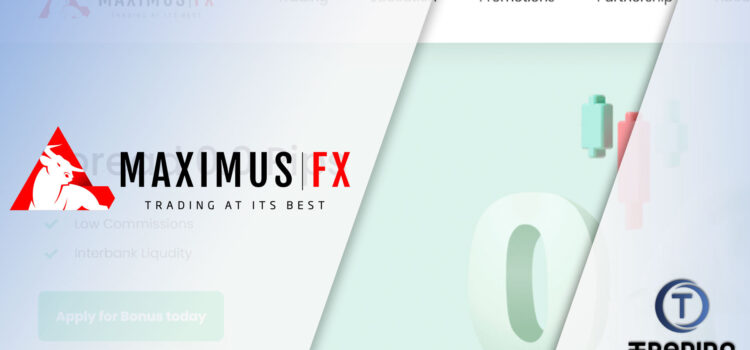
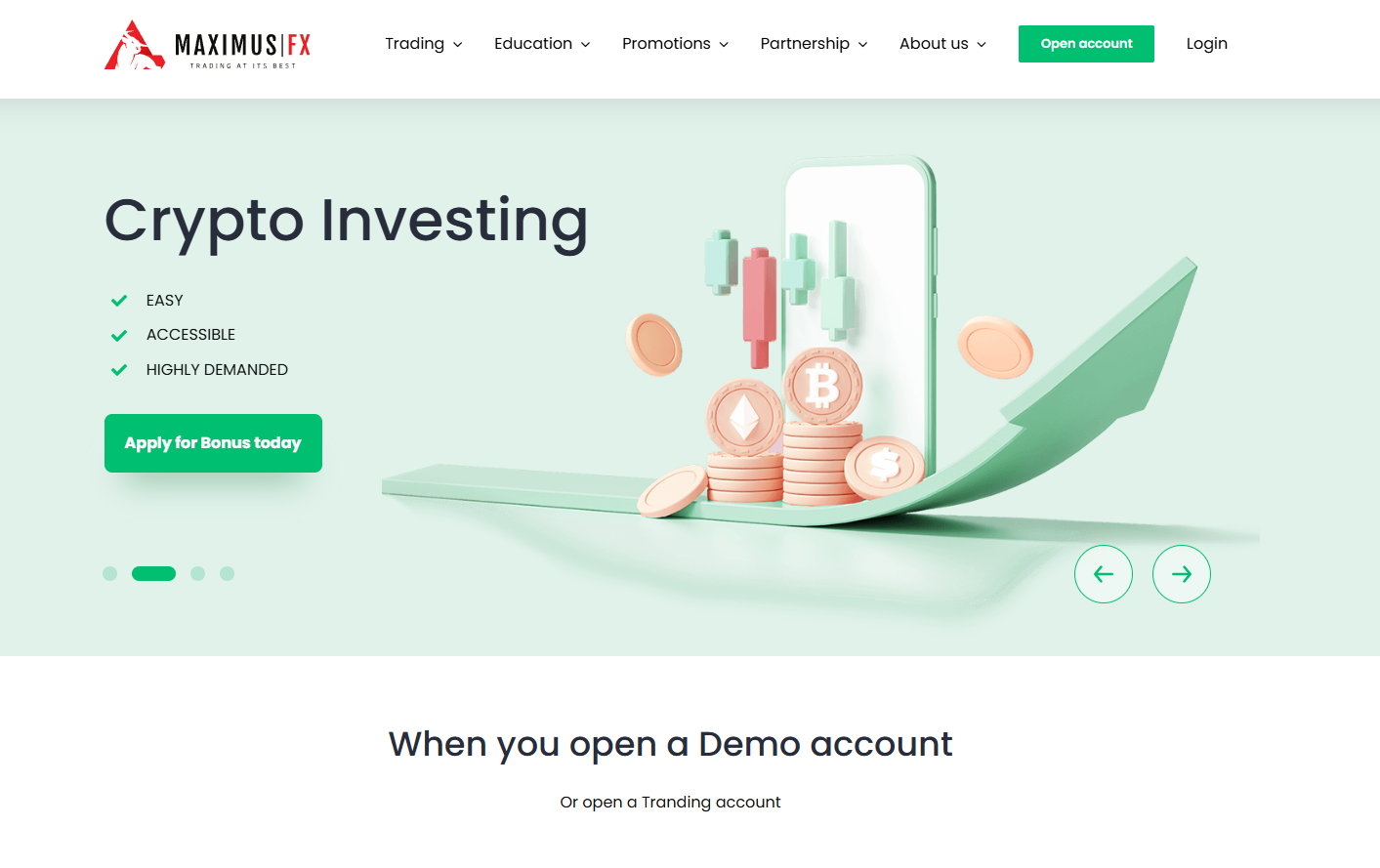
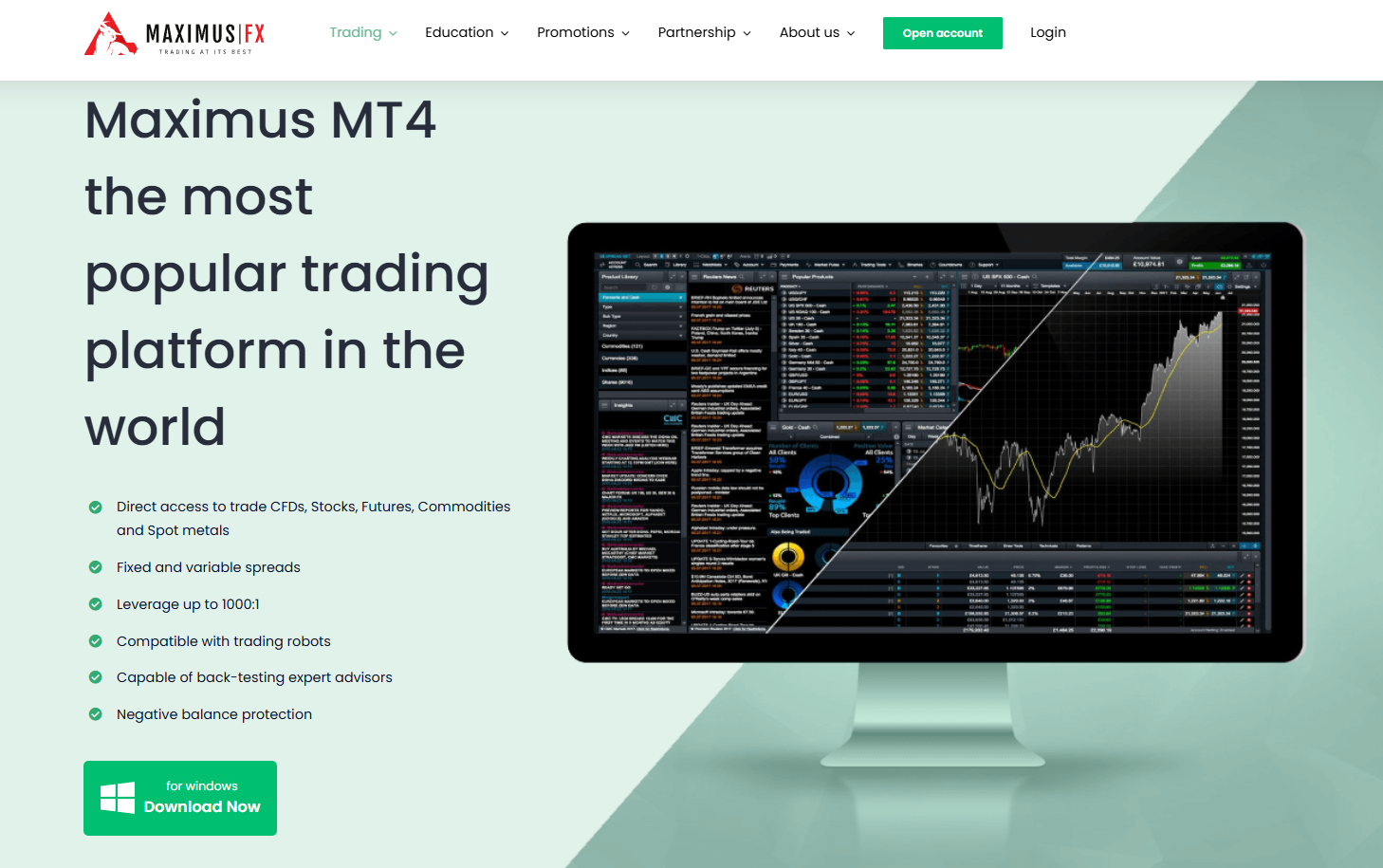
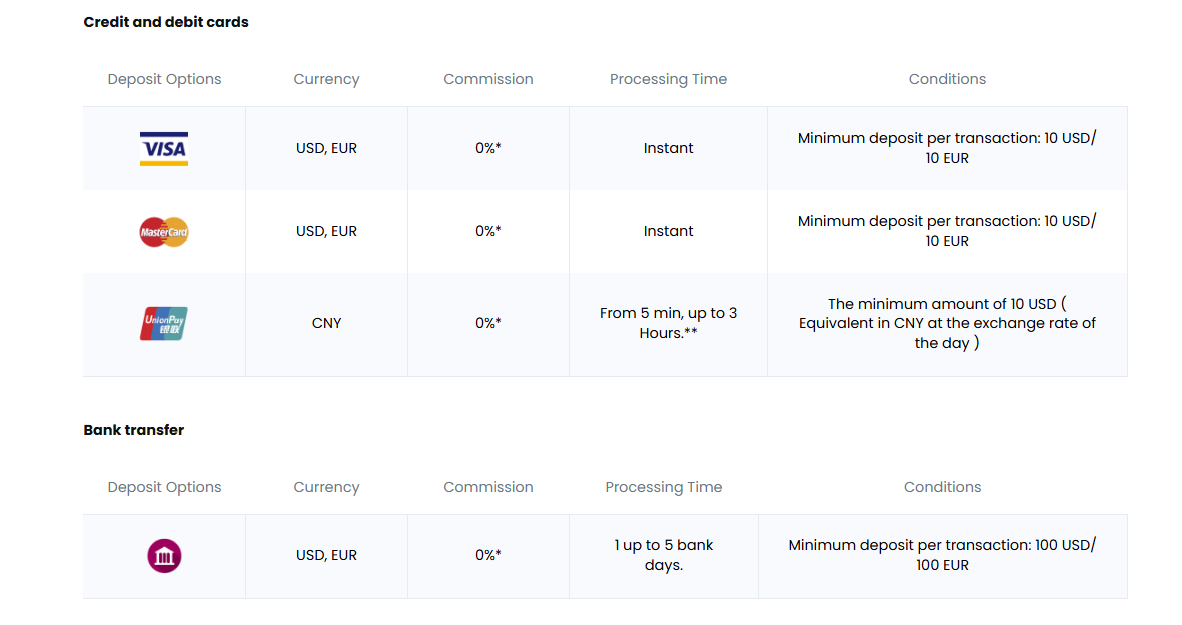
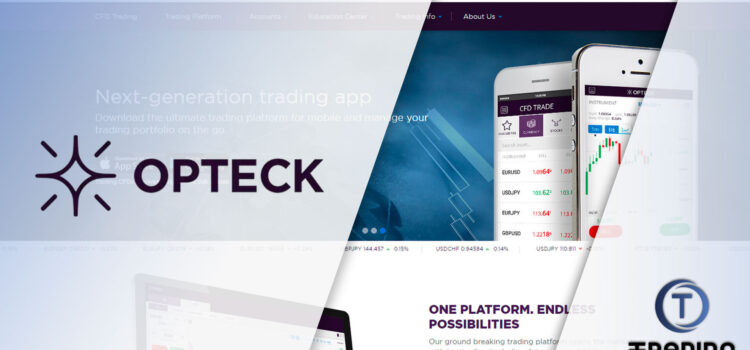
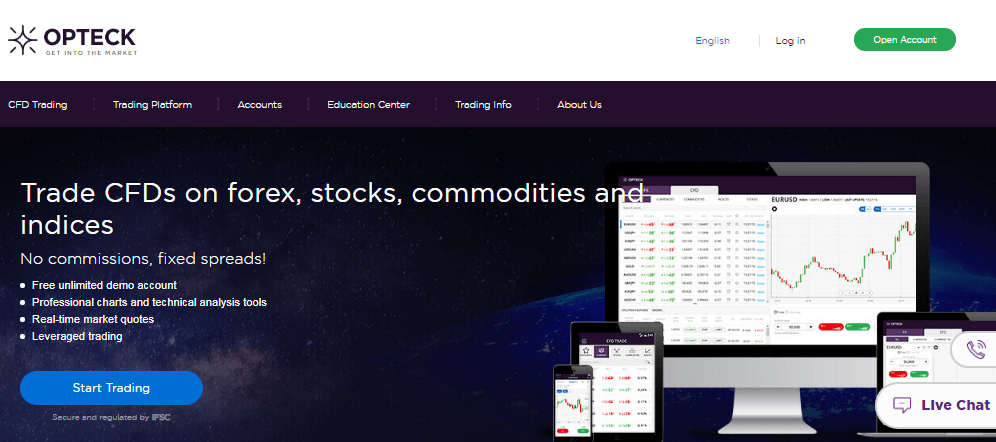
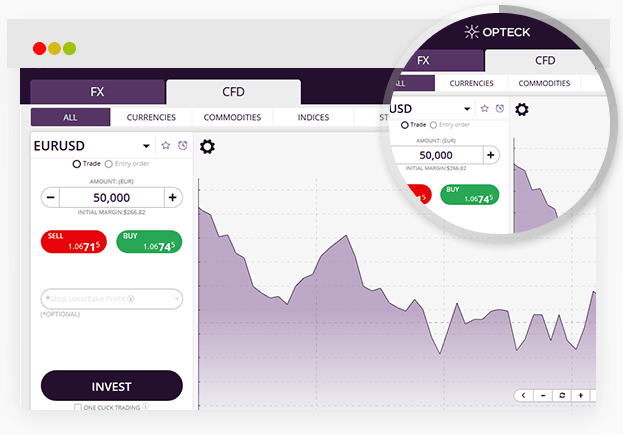
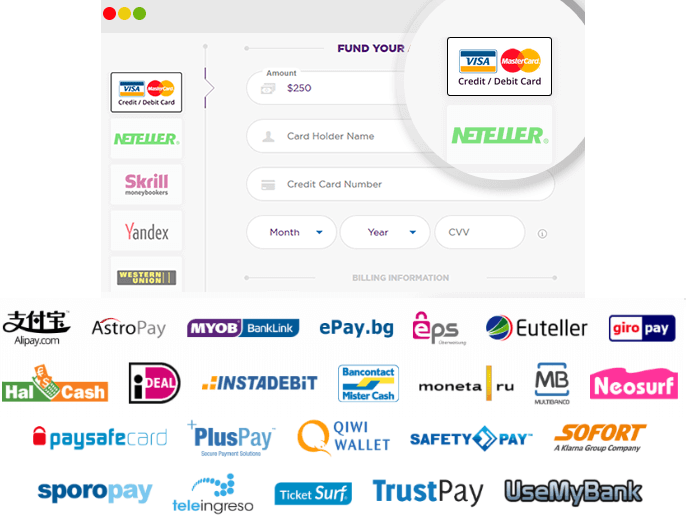

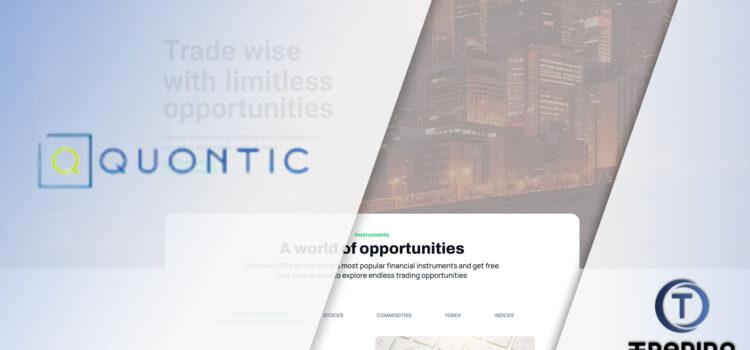


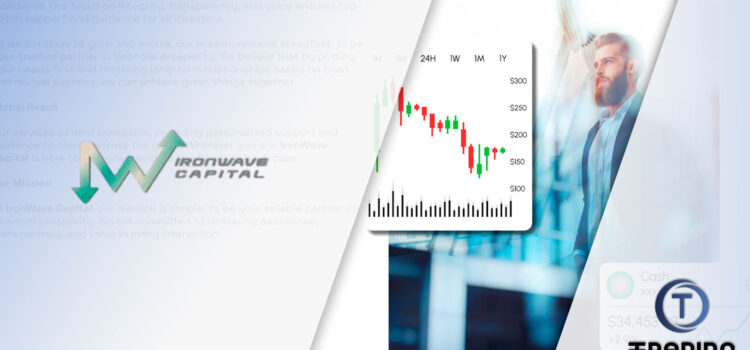



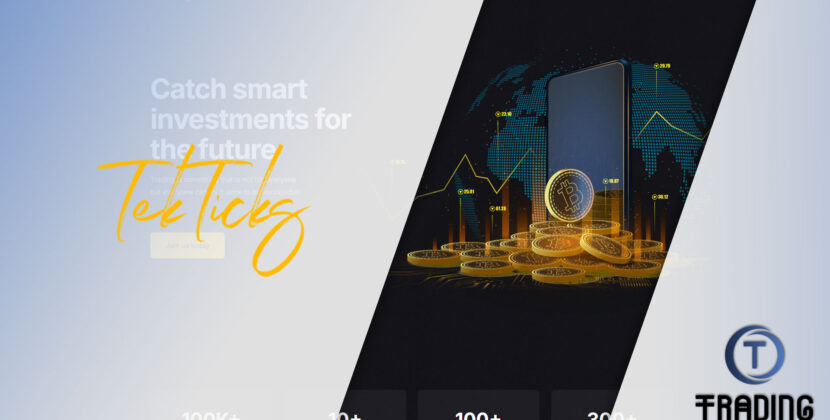
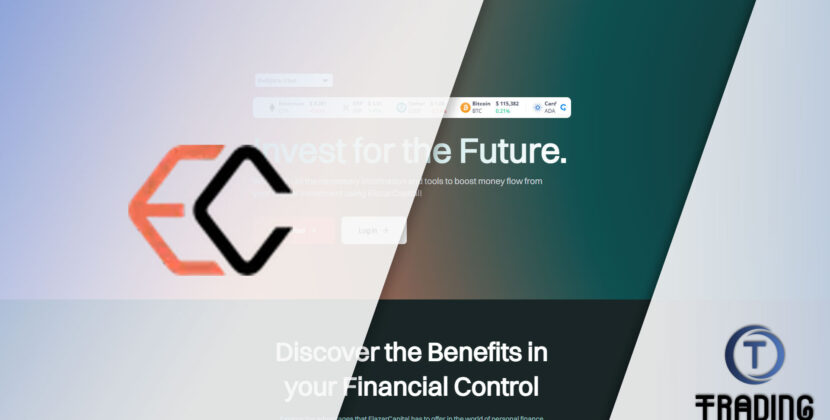
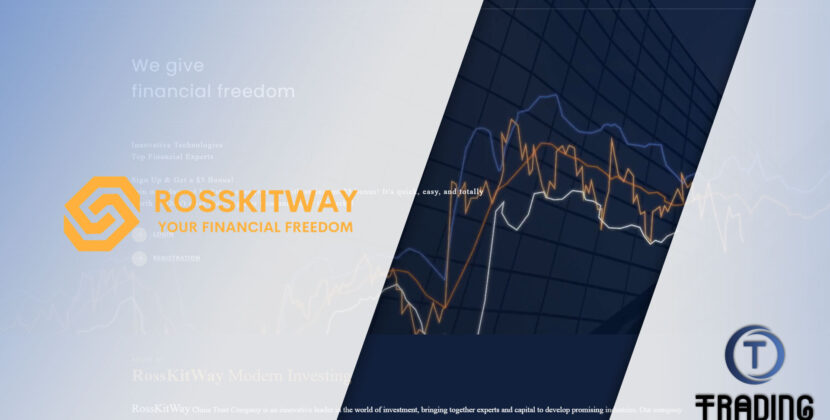
Comments
QuickTrade Broker Review
Binarium Broker Review
Quotex Broker Review
Trade‑X Broker Review
Quotex Broker Review